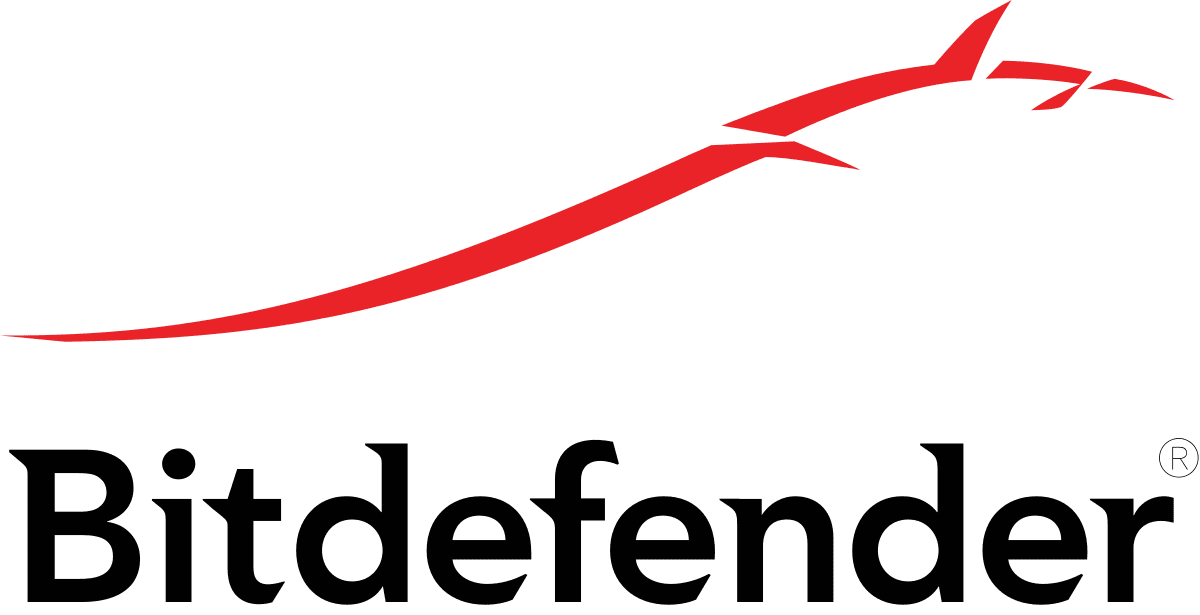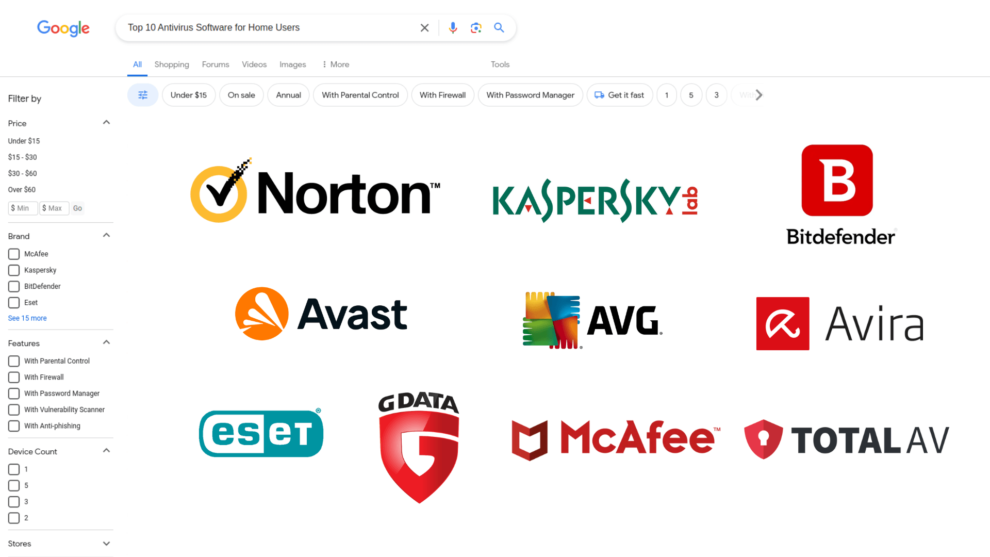As cyber threats continue to evolve with unprecedented sophistication, leading antivirus software providers have stepped up their game, offering robust protection for both mobile devices and computers. Recent cybersecurity reports indicate that malware attacks have become increasingly targeted, making comprehensive digital protection more crucial than ever.

Industry leader Bitdefender has maintained its position at the forefront of antivirus protection, earning top marks for its advanced threat detection capabilities and minimal system impact. The company’s 2025 suite introduces groundbreaking AI-powered behavioral monitoring, which can identify and neutralize previously unknown threats before they compromise system security. Their unified dashboard now seamlessly manages protection across all devices, addressing the growing need for integrated security solutions.

Kaspersky, despite facing scrutiny in previous years over alleged ties to foreign governments, has rebuilt trust through unprecedented transparency initiatives and third-party security audits. Their latest offering stands out for its exceptional performance on mobile platforms, particularly in detecting and removing sophisticated banking trojans that target financial applications. The software’s enhanced privacy features include advanced webcam protection and encrypted data backup, addressing growing concerns about digital privacy.

Norton, a longtime player in the cybersecurity space, has revolutionized its approach with the introduction of Norton 360 with LifeLock for 2025. This comprehensive package combines traditional antivirus protection with identity theft prevention and dark web monitoring. The solution’s standout feature is its ability to protect against cryptojacking attempts, which have surged as cryptocurrency values continue to fluctrate. Norton’s mobile app has also received significant updates, including improved app security scanning and enhanced Wi-Fi protection for public networks.

McAfee has made remarkable strides in improving its performance overhead, addressing previous criticisms about system slowdown. Their 2025 edition employs lightweight cloud-based scanning that reduces local resource usage while maintaining robust protection. The company’s mobile solution particularly excels in protecting against malicious apps and preventing phishing attempts through text messages and social media platforms.

ESET has emerged as a dark horse in the antivirus race, gaining recognition for its exceptional detection rates and minimal false positives. Their machine learning algorithm has demonstrated remarkable accuracy in identifying zero-day threats, while their mobile protection suite offers comprehensive security without draining battery life. The company’s commitment to privacy is evident in their strict data collection policies and transparent reporting practices.

Avast, following its merger with AVG, has leveraged combined resources to develop more sophisticated threat detection systems. Their free version continues to provide solid basic protection, while the premium offering includes advanced features like ransomware shields and secure browsers for online banking. The mobile version stands out for its ability to detect stalkerware and other surveillance apps that could compromise user privacy.

Microsoft Defender, which comes built into Windows, has evolved from a basic security tool to a robust antivirus solution. The 2025 version includes enhanced cloud-enabled protection and improved cross-platform support, making it a viable option for users seeking integrated protection across their devices. The software’s integration with Android and iOS devices has significantly improved, offering seamless security across the Microsoft ecosystem.

Small but innovative players like Malwarebytes have carved out their niche by focusing on specialized protection against zero-day exploits and ransomware. Their behavioral detection technology has proven particularly effective in identifying and blocking sophisticated attack vectors that traditional signature-based detection might miss.
Security experts emphasize that choosing the right antivirus software depends on individual needs and usage patterns. For users primarily concerned with mobile security, solutions like Kaspersky and Bitdefender offer superior protection against mobile-specific threats. Those requiring comprehensive protection across multiple devices might find Norton 360 or McAfee’s total protection packages more suitable.
Price points vary significantly across providers, with basic protection starting around $30 annually for single devices and comprehensive protection packages ranging up to $100 or more for multiple devices. Many providers offer regular discounts and multi-year subscription options that can significantly reduce the annual cost.
The importance of regular updates cannot be overstated, as cyber threats continue to evolve rapidly. All leading providers now offer automatic update features that ensure protection remains current without user intervention. This automation extends to threat detection and removal, with many solutions capable of identifying and neutralizing threats without requiring user action.
Looking ahead, industry analysts predict further integration of artificial intelligence and machine learning capabilities in antivirus solutions. These technologies will enable more proactive threat detection and automated response mechanisms, reducing the window of vulnerability for protected systems.
As remote work continues to be prevalent, the distinction between personal and professional device security becomes increasingly blurred. This trend has prompted antivirus providers to develop more comprehensive solutions that address both personal and business security needs within a single package.
Users are advised to regularly review their security needs and ensure their chosen solution provides adequate protection across all their devices. While free antivirus solutions can provide basic protection, the advanced features and comprehensive security offered by premium solutions often justify the investment for users who regularly handle sensitive information or conduct financial transactions online.
















Add Comment